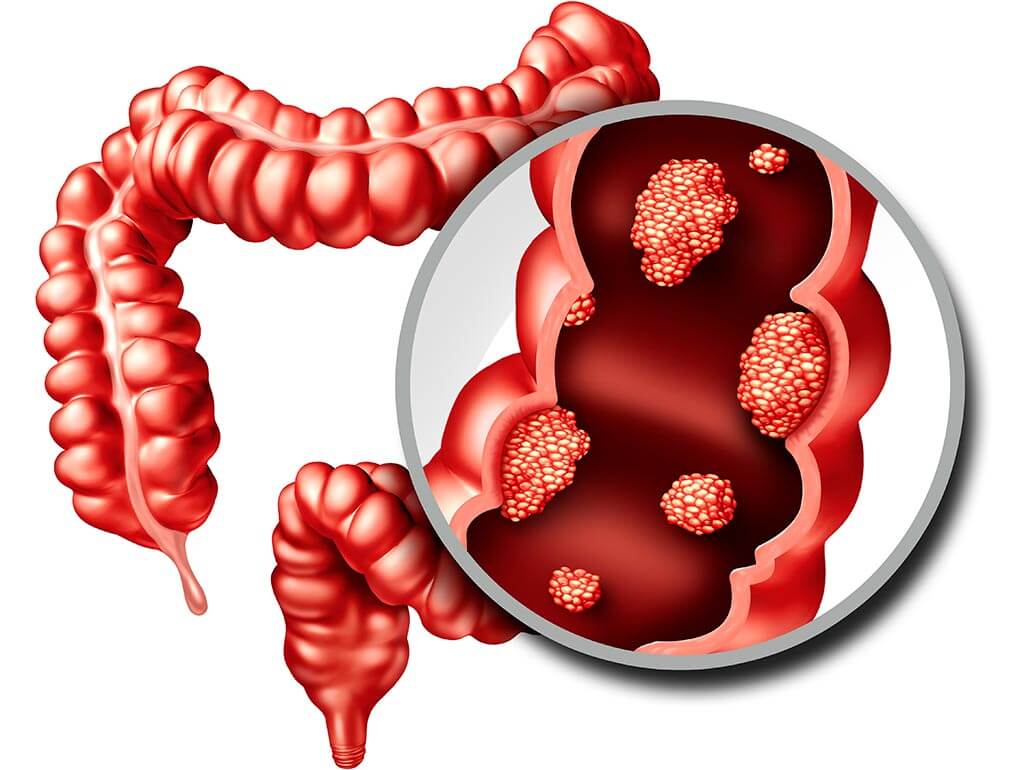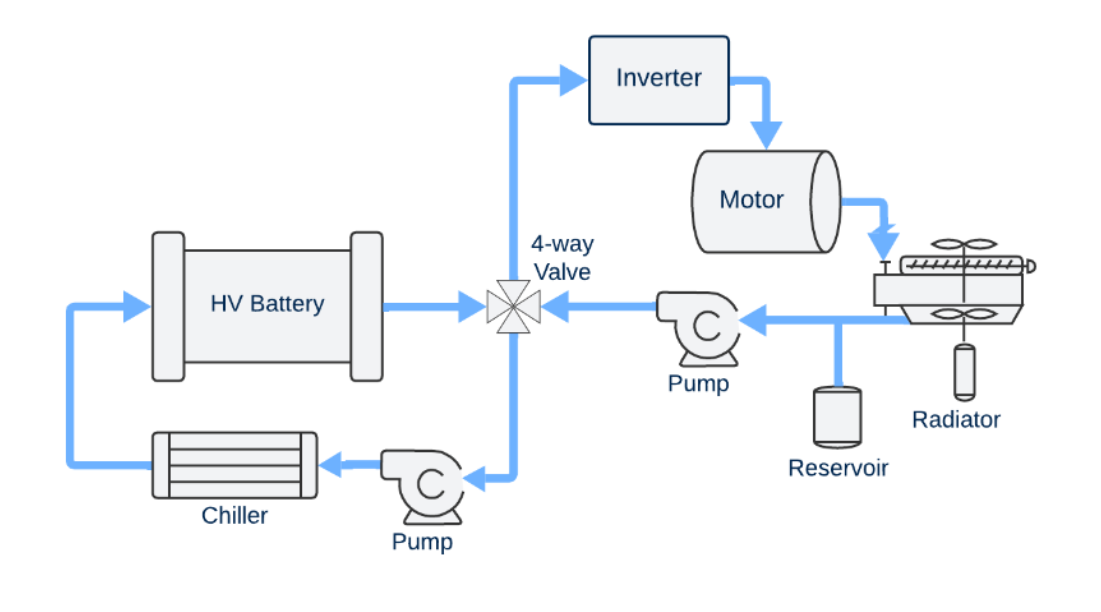A recently published case report in Oncoscience (Volume 12, September 15, 2025), titled “When strokes reveal a hidden malignancy: An atypical case of metastatic colorectal cancer with extensive thromboembolism,” describes how recurrent strokes and blood clots uncovered advanced colorectal cancer in a 71-year-old man. Authored by Md Tanzim Ahsan of Wrightington, Wigan and Leigh Teaching Hospitals, NHS Foundation Trust, and Sultana Azreen of Clatterbridge Cancer Centre, the report highlights an unusual presentation where cancer manifested first through vascular complications rather than digestive symptoms. The patient was admitted with swelling in his left arm, headache, and vague neurological issues, but within weeks he developed multiple strokes in separate brain regions and blood clots affecting his lungs, kidneys, spleen, and veins. Initial suspicion centered on autoimmune or infectious conditions; however, further imaging and blood tests pointed toward malignancy. A lymph node biopsy confirmed metastatic colorectal cancer that had spread extensively but remained undetected due to the absence of typical symptoms such as weight loss, bowel changes, or appetite disturbances. At this stage, treatment was limited to palliative care. The case illustrates Trousseau’s syndrome, or cancer-associated stroke, in which malignancy drives abnormal clot formation leading to widespread embolic events. Unlike strokes linked to cardiac disease, cancer-related strokes often involve multiple territories of the brain and lack an identifiable cardiac source. Elevated clotting markers, such as D-dimer, can serve as early warning signs. The authors stress that clinicians should consider hidden cancer as a possible cause when patients present with unexplained strokes or recurrent clots, particularly when imaging shows multiple infarcts without clear origin. They also call for clearer guidelines to help physicians recognize and screen for underlying malignancy in such atypical cases, noting that earlier suspicion and diagnosis may improve outcomes as global cancer incidence continues to rise.








